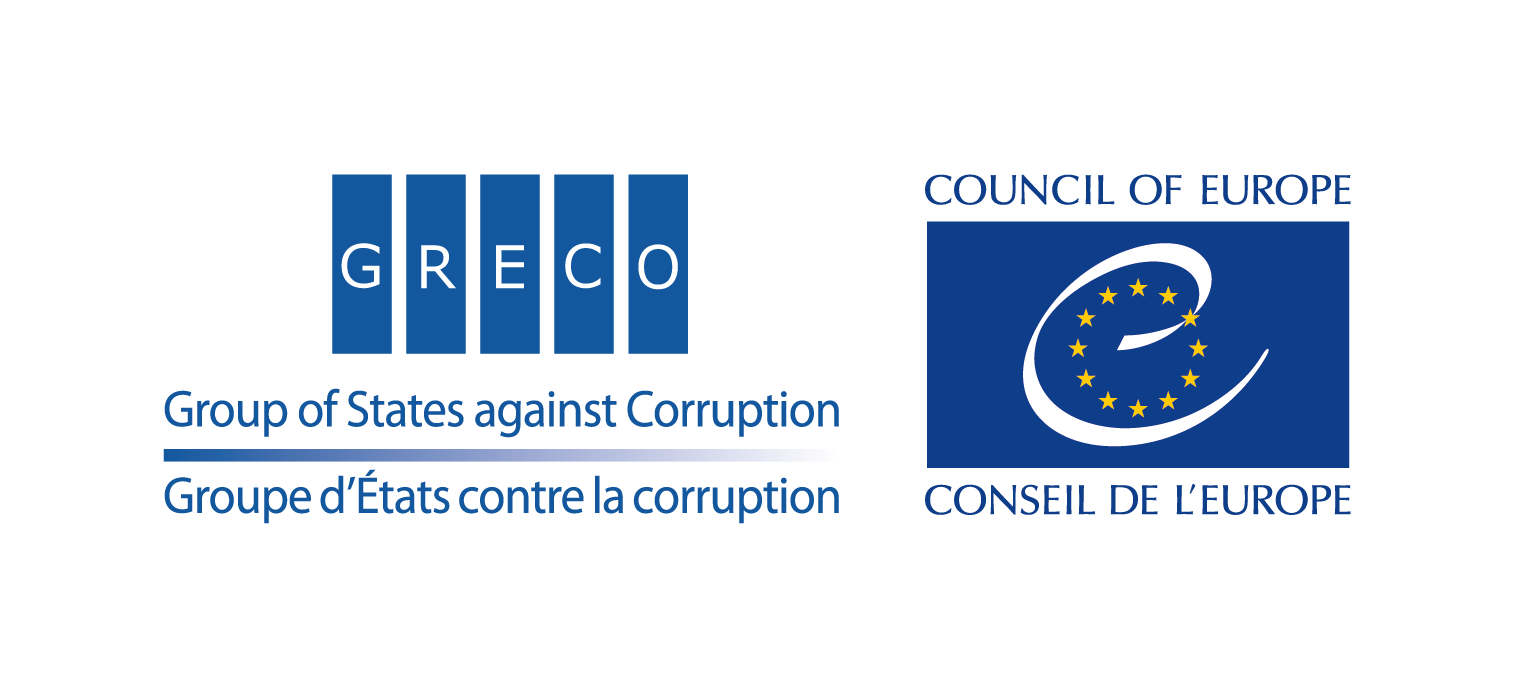The TYEC 2 project’s implementation started in March 2012 and will end in June 2014. The project has been a follow-up to TYEC 1 (Project on Ethics for the Prevention of Corruption in Turkey) which was implemented between December 2007 and November 2009. TYEC 2 built upon the achievements of TYEC 1 and provided assistance to the Turkish authorities in the field of ethics and anti-corruption taking into account relevant GRECO recommendations and of other international mechanisms. Specifically the project providing assistance to the Council of Ethics for Public Service of Turkey in the effective dissemination and implementation of the Code of Ethics across the public sector in the country.
The Project delivered the following 9 main activities:
- The staff of the Council of Ethics for Public Service was trained and acquired necessary working tools and procedures to manage, oversee and measure the dissemination and implementation of the Training Strategy.
- A pool of 125 trainers from central and local government has been established. The trainers have already been delivering ethics trainings in their respective institutions.
- Platform for Ethics, the forum composed of 11 public institutions, has been established and has been operational since September 2013. At least 7 NGOs are expected to join the Platform in June 2014. The Platform serves as a mechanism to coordinate measures to promote ethics and the Training Strategy in Turkey.
- The Code of Conduct for state universities has been drafted in cooperation with the Council of Ethics and the Board of Higher Education. The Draft Code is expected to be adopted after the lifetime of the project.
- Recommendations, aimed at promoting and integrating ethics principles in Turkish public administration, based on the Research Studies carried out within the framework of TYEC 1 project have been updated and relevant action plans for implementing the recommendations have been developed. The updated recommendations and action plans take into consideration the changes and reforms carried out in public sector since the studies were developed in 2009. Action plans on how to implement the recommendation cover 7 areas (Planning Ethics at Local Level; Law Enforcement Services and Ethics; Ethics and Custom Services; Public Biddings; Ethics, Culture and Society; Health Services and Ethics; Shadow Economy and Ethics). The relevant public institutions are expected to implement the recommendations after the lifetime of the project.
- Ethics Commissions have been supported in devising and delivering the training strategy and monitoring its implementation.
- The training strategy on ethics has been implemented, and training materials for its application at governorate and local government levels were developed.
- The General Directorate of the Land Registry has been supported as an ‘Island of Integrity’ through training of trainers from the institution who in turn have already been conducting trainings throughout the organisation; An ethics audit tool has been developed which will enable the Land Registry to assess and measure how well it is performing in terms of the development of an ethical culture and supporting processes and procedures.
- Awareness campaigns have been developed for prevention of corruption in public sector and the general public.
The Closing Conference was opened by the Chair of the Council of Ethics for the Public Service Prof. Dr. Sedat Murat,and was followed by opening speeches by the Head of Action against Crime Department of Council of Europe Mr Ivan Koedjikov, the Head of the EU Delegation to Turkey Mr Stefano Manservisi, and by the Deputy Prime Minister of Turkey Mr Ali Babacan. Second part of the Conference consisted of the panel presentations and discussions on deliverables and achievements of the project with participation of beneficiary institutions and experts.





